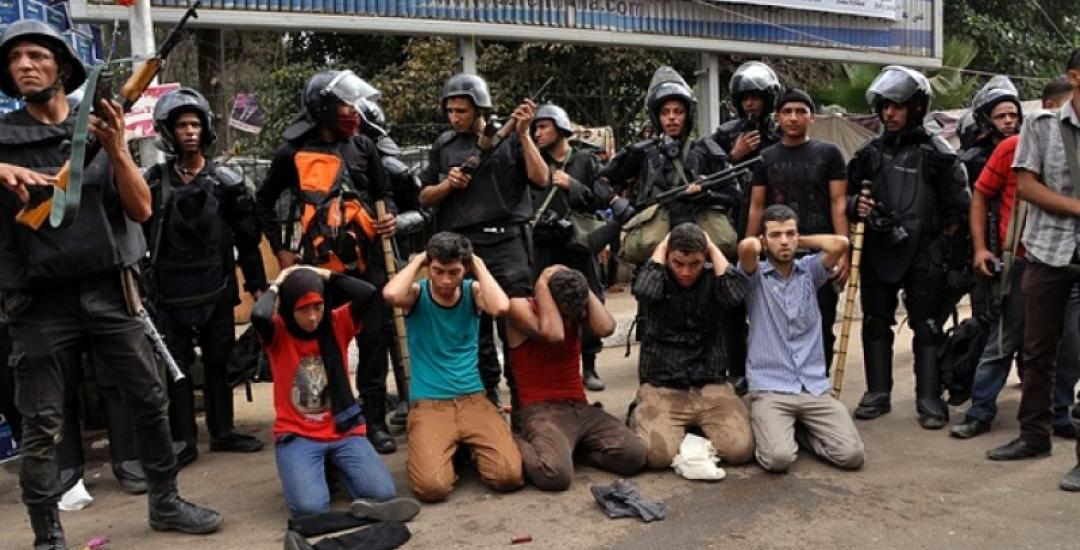
On 16 August 2015, the Egyptian authorities enacted a controversial anti-terrorism law (Arabic version online) in spite of numerous international and local calls against it. Alkarama had sent a letter to different United Nations Special Procedures on 7 July 2015, including to the Special Rapporteur on the promotion and protection of human rights and fundamental freedoms while countering terrorism (SRCT) asking them to call upon the Egyptian authorities to refrain from adopting such a law.
Becoming de facto a new emergency law as it gives extraordinary powers to the security forces and the President while jeopardising citizen's rights, this anti-terrorism law comes in addition to numerous draconian laws adopted since July 2013 and particularly law n°107 of 2013 on the "Organization of the Right to Public Assembly, Processions and Peaceful Demonstrations in Public Places" and law n°136 of 2014 that extended the jurisdiction of military courts to try civilians. This legislative arsenal has been widely used as a tool to stifle all kind of dissent for the past two years and, as a consequence, thousands of citizens are suffering from the gravest human rights violations, notably summary executions (including over a 1,000 killed in Rabaa Adawiya and el-Nahda peaceful protests in August 2013), enforced disappearances, torture (including of children), and arbitrary arrest and detention (including of minors), on a scale that amounts to crimes against humanity, and without any of the perpetrators prosecuted for their crimes.
The new anti-terrorism law provides for a vague definition of terrorism while giving wide powers to the security forces to act against alleged terrorists, and prevents the prosecution of law enforcement officials in case of abuses, which means that the law gives carte-blanche to the authorities to kill individuals without giving the possibility for the families of the victims to obtain justice. Moreover, individuals accused under this new law are now to be referred to Special Courts, whose impartiality and independence are not guaranteed, knowing that Egyptian courts have been under criticism for running unfair trials in the past years. Another provision of the law also restricts freedom of the press by imposing heavy fines against journalists and media that would report on information contradicting official statements on terrorist attacks.
Furthermore, journalists convicted of such felony can be banned by order of the court from exercising their profession for one year, in contradiction with Egypt's Constitution. In fact, many of articles of this new law could be ruled unconstitutional, but it is rather unsure whether the Constitutional Court will be called to examine the law or not. As underlined by Kamal Abbas, a member of Egypt's National Council for Human Rights – a semi-governmental body in charge of human rights in Egypt – with this new law "every citizen is accused of terrorism until proven otherwise", thus gravely jeopardising Egyptians' fundamental rights.
Alkarama fears that this law will be used to further repress peaceful activism in Egypt and will not be only used against alleged terrorists. It therefore reiterates its call to the Egyptian authorities not to implement this law and to amend it in accordance with its own Constitution and international obligations, in cooperation with the Egyptian civil society.
For more information or an interview, please contact the media team at media@alkarama.org (Dir: +41 22 734 1008).
